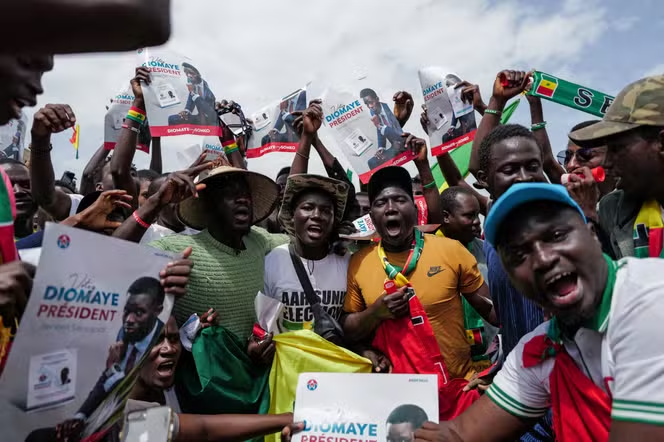
The Dakar City Council is preparing for a crucial vote on August 25, 2025, to elect a new mayor, ending months of interim leadership in Senegal’s capital.
The extraordinary session comes after the dismissal of former mayor Barthélémy Dias in December 2024, a move that left the city under the temporary stewardship of first deputy mayor Ngoné Mbengue of Taxawu Senegal.
The municipal council, composed of 100 councilors elected in January 2022, will determine the next mayor. According to local election rules, a candidate must secure an absolute majority—at least 51 votes—to win in the first round. Analysts say the vote is not only about filling an institutional vacancy but is also a key test of political strength for local parties in the capital.
“The election will signal the governance direction for Dakar and could have implications for the political balance at the national level,” said a local political analyst, highlighting the broader significance of the upcoming vote.
To ensure procedural legitimacy, the Ministry of Local Authorities has instructed the Prefect of Dakar, Balla Moussa Fofana, to convene the extraordinary council session. The election will be conducted by secret ballot, in line with the General Code of Local Authorities.
Political observers anticipate intense negotiations in the run-up to the vote. Alliances and groupings among councilors could shape the outcome, reminiscent of coalition-building seen during previous local elections. Several parties are already positioning themselves strategically, viewing the mayoral election as a litmus test for influence within Dakar.
Since December 2024, Ngoné Mbengue has managed city affairs, ensuring continuity in municipal administration. However, local actors emphasize the urgency of restoring a permanent leadership to address governance challenges and urban management priorities.
On August 25, Dakar will witness a defining moment for its municipal future, as councilors cast their votes to establish a new management team. The election promises to reshape the city’s political landscape while providing insight into broader dynamics within Senegalese politics.



